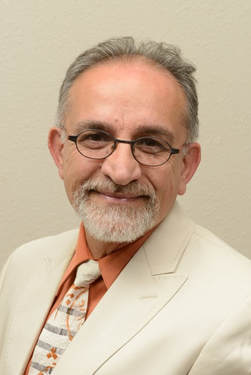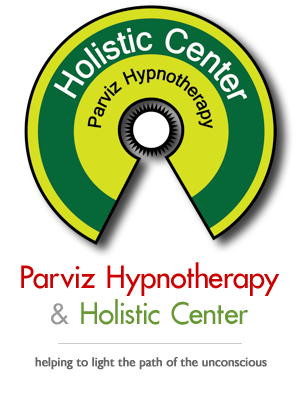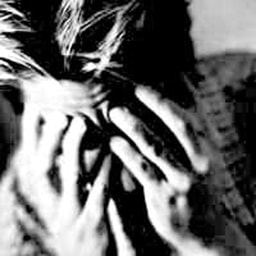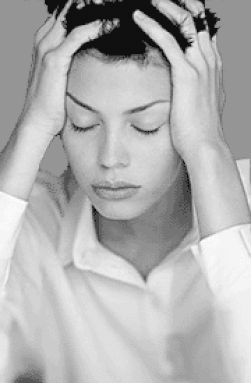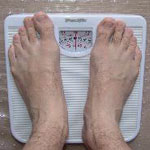|
(707) 655-7540
940 Adams St. Ste. P, Benicia, CA 94510 |
|
Depression
|
Depression is an extremely debilitating illness which affects not only the individual, but also their family, their friends, their employment, their self esteem, and ultimately, restricts the enjoyment of their life. Many people with depression go through life without seeking help, believing that depression is just 'part of them', but in truth, depression is very treatable. People with depression often feel that they are 'alone', whereas in-fact this is far from the case, with as many as one in six people suffering with some form of depression at some point in their lives.
Although there are many different types of depression, and indeed, many different intensities of the symptoms of depression, there are some common symptoms of depression and depressive illness:
Common Types of Depression Dysthymia Dysthymia is commonly identified as being a mood disorder indicated by a 'low' or mildly depressed feeling, which lasts for an extended period of time, typically classed as over 2 years in duration. Seasonal Affective Disorder (SAD) Seasonal Affective Disorder is the appearance of one or more of the depressive symptoms listed above, but which only appear as a symptom during certain seasons. Postpartum Depression Postpartum depression is a form of depression that can occur anytime around the first year after childbirth. While often confused with what is commonly called 'baby blues', postpartum depression can affect the new mother for a longer period of time than 'baby blues', which often disappear after only a few days after the baby is born. Symptoms of postpartum depression are largely similar to the depressive symptoms listed above, but can particularly occur as feelings of sadness, fatigue, lack of energy, anxiety, feelings of worthlessness, feelings of guilt and trouble concentrating. Bipolar Disorder Bipolar disorder, previously called 'manic depression' is a disorder that caused tremendous extremes of mood. Bipolar disorder is an emotional roller coaster for the sufferer, who may experience episodes of extreme elation followed by bouts of major depression. Bipolar disorder is very different in nature to the other forms of depression listed here, and as such requires specific forms of treatment. To get help with bipolar depression, you should speak to your doctor (general practitioner) in the first instance. Causes of Depression Depression is often caused by a combination of things, and you may not even be consciously aware of why depression has struck. Some of the most common contributing factors to depression are:
Who Gets Depression? Depression in Women Women experience depression about twice as often as men. The possible reasons for this may include hormonal effects, including those associated with the menstrual cycle, menopausal changes, pregnancy, end of pregnancy (either through normal childbirth or miscarriage), postpartum depression (explained above). As well as the potential hormonal influencing factors, women are also likely to be subject to the additional stresses associated with careers, in addition to those resulting from home life and childcare issues. Depression in Men Although men are less likely to experience depression than women, they are also much less likely to admit to suffering from depression, and are also far less likely to seek help for it. However, not seeking help for depression can bring its own problems. The rate of suicide in men, for example, is around 400% of the rate for women. Men with depression also have an increased incidence of death from coronary heart disease. Men have a greater tendency to attempt to mask their feelings of depression, often turning to alcohol or drugs. The feelings experienced by a man with depression are typically quite different to those experienced by a woman with depression, in that a man might feel angry, irritable, frustrated and dejected. Even the man who recognizes and accepts his depression, is still far less likely than a woman to seek help. Depression in the Elderly Depression in the elderly can often be the cause of unnecessary suffering... unnecessary because it often goes untreated simply because it is seen by the friends and family of the sufferer (and often by the sufferer themselves) as a normal part of the aging process. General practitioners may misdiagnose depression in the elderly. This is mainly due to the fact that depression in the elderly can often present itself as a series of symptoms which are of a more physical nature... lethargy, fatigue etc. Those who do seek professional help and are correctly diagnosed, often go on to live more active and productive lives. Depression in Children While depression in children can be very hard to correctly diagnose, it is a very real problem. It can be so hard to diagnose because as children develop, their behavior naturally changes through the years, and the symptoms of depression can often be mistaken for 'just a phase (s)he's going through'. Symptoms of depression in children may include irritability, negativity, sudden dislike of school, becoming reclusive, excessive 'clinging' to a parent, and the feeling that 'no-one understands' them. In cases such as this, the child should, in the first instance, be referred to their doctor, to rule out any physical cause. |
With will, fire becomes sweet water; and without will, even water becomes fire.
~Rumi The soul which cannot endure fire and smoke won't find the Secret.
Diwan - Ode 887 |

